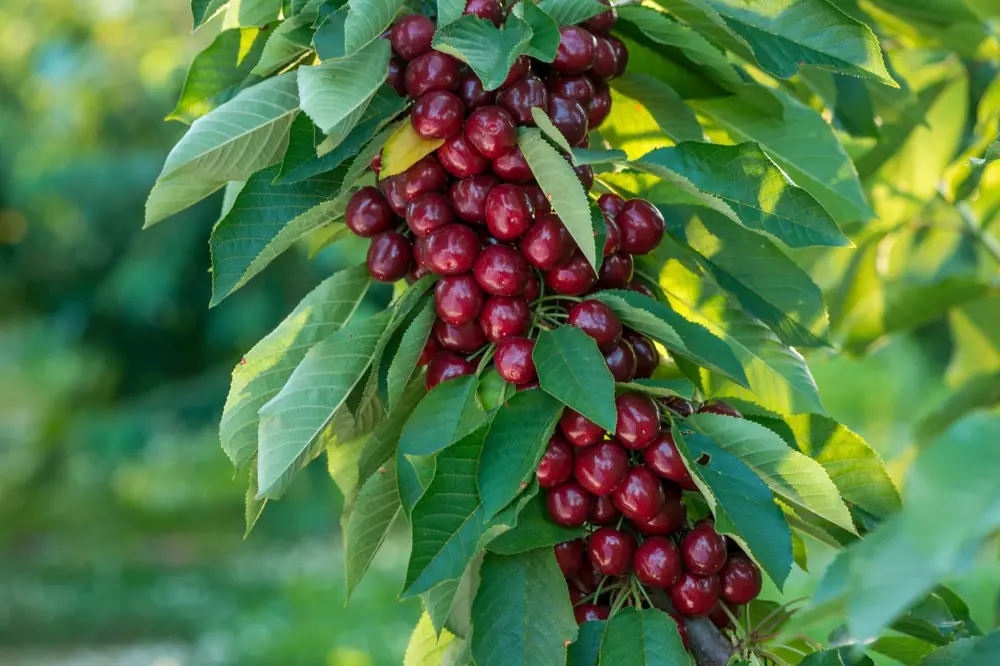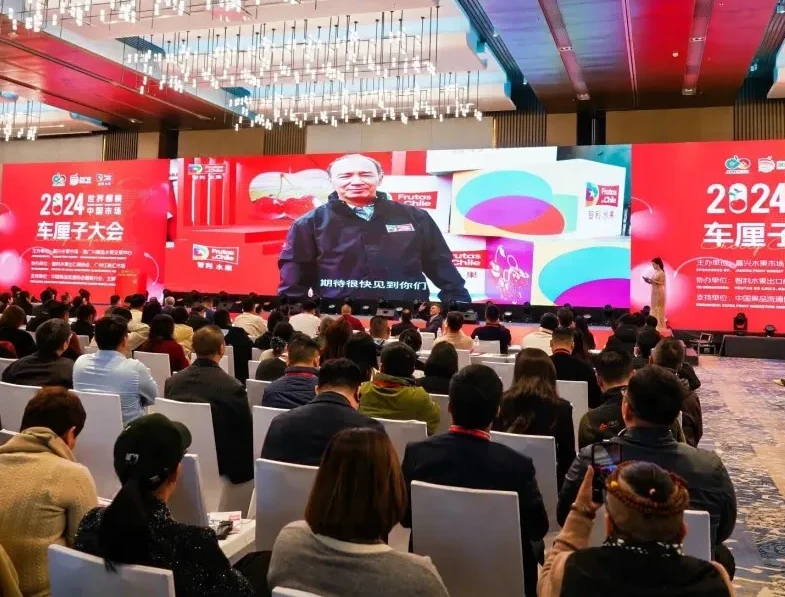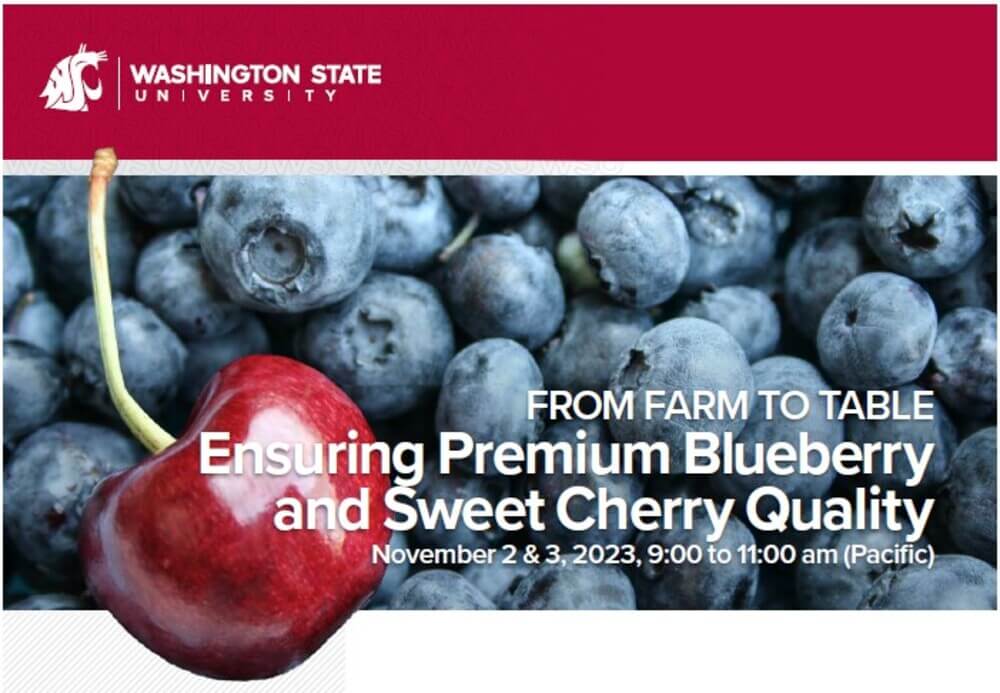A legal dispute between Canada and the United States over the patented cherry variety Staccato™ reveals three key lessons about the protection of fruit varieties and intellectual property rights in the agricultural sector.
The Staccato case: when a cherry tree becomes a legal battlefield
In the world of fruit and vegetable production, extending a fruit's marketing window by even one week can mean extra profits and strategic advantages. Cherry growers know this well, and for them, the Staccato™ cherry lawsuit sets a crucial precedent in the field of plant patents.
It all began in Summerland, British Columbia, where Agriculture and Agri-Food Canada (AAFC) experts developed a new late-ripening cherry variety. Staccato ripens about 30 days after Bing cherries, allowing for late-season sales at higher prices. However, in the United States, a grower allegedly marketed the variety under the name “Glory,” claiming to be its originator.
This led to a long legal battle to defend U.S. plant patent no. 20,551, which was initially invalidated but recently reinstated by a court, strengthening the position of the Canadian government.
What is a plant patent and why it matters to fruit growers

An often overlooked aspect is the legal nature of a plant patent. It is a form of intellectual property granted in the United States since 1930, protecting asexually reproduced plant varieties. It differs from utility patents or registered trademarks.
In agriculture, however, this tool is still underutilized: in 2024, about 1,000 plant patents were granted compared to more than 350,000 regular patents.
In addition to plant patents, there are two main alternatives:
- Certificate of Protection (USDA – Plant Variety Protection Act): protects sexually reproduced varieties.
- Utility patent: broader but more expensive.
Three key lessons from the Staccato case for agricultural IP
1. Plant patents are not “secondary”
Those who develop new fruit varieties must understand the differences between plant patents, breeder’s rights, utility patents, and trademarks. Each tool has its own requirements, benefits, and limitations. In Canada, for example, Plant Breeders’ Rights are used, while in the U.S., the plant patent applies to asexual plants.
2. Documentation makes the difference
The Staccato case was initially compromised by an Excel sheet listing sales predating the patent application. It was later revealed that the cherries sold were not Staccato. Keeping accurate records of sales and disclosures is crucial to preserve a variety’s novelty and withstand legal challenges.
3. Choose the right advisors for agricultural IP
A legal team skilled in agricultural intellectual property law can make a difference in court. In the Staccato case, the U.S. grower even waived the right to a jury trial, making Canada’s win easier. At the filing stage too, it's essential to work with specialized plant patent consultants.
Why this case matters to the fruit sector
The Staccato™ cherry case is emblematic for any agricultural business investing in varietal innovation. Whether it's cherries, apples, grapes, or berries, protecting a new variety means gaining a tangible competitive and commercial advantage.
Conclusion: intellectual property in agriculture is not optional
From recordkeeping to choosing the right IP protection type and selecting the right advisors, the Staccato™ story shows how strategic careful management of intellectual property is in agriculture. It’s not just a concern for large companies: every grower investing in new varieties or techniques should protect their know-how.
And while not everyone has a cherry to defend in court, it’s just as true that those who work the land must learn to protect what grows… on paper.
Source: perpetualmotionpatents.com
Cover image source: Yury Farm - SL FRUIT SERVICE
Internal image source: Hortinvest - SL FRUIT SERVICE
Cherry Times - All rights reserved











